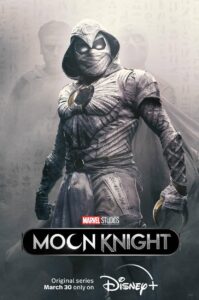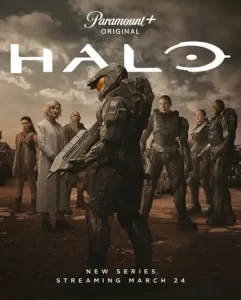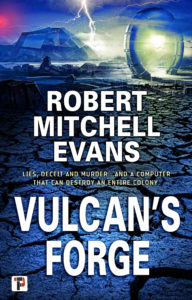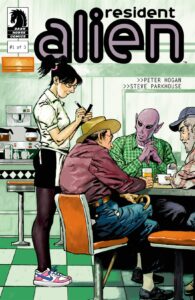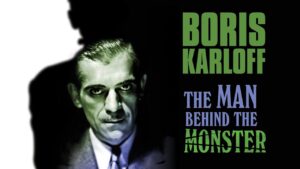Be aware that I am an old fart and the first thing that comes to mind when someone says ‘Star Trek’ to me is the original series and the original actors, much of the newer batches, particularly the newest, have little call for me.
That said I was excited by the news of Star Trek: Strange New World which proposes to go back to when the Enterprise was commanded by Captain Christopher Pike as seen in Trek’s original pilot The Cage.
In the pilot when we meet Pike (Anson Mount) he is deeply troubled by some haunting past event which he doesn’t share even with his S.O. (Significant Other not Supply Officer) An event
that has him grounded and doubting himself. However, when his first officer, Number One (Rebecca Romijn) goes missing on a first contact mission Pike resumes command of the Enterprise and launches a mission to save her. During the rescue and first contact mission Pike must come to grips with his trauma and rediscovers, partially through Lt. Noonien-Sign (Christina Chong) a survivor of a horrific event, what it means to live fully under a terrible cloud. An understanding reinforced by his friendship with his science office Spock (Ethan Peck)
Strange New Worlds tips its hat and pay homage to the original series in a number of ways but also breaks canon continuity so your milage may vary on how well it integrates with the franchise as a whole. Secondary characters from the original series appear as crew members, Doctor M’Benga (Babs Olusanmokun) appeared in only a couple of episodes in the original show is now the ship’s primary medical officer, assisted by Nurse Christine Chapel (Jess Bush). Additional original series characters include Cadet Uhura (Celia Rose Gooding) and Chief Kyle (Andre Dae Kim) though he looks far too young to be a Chief.
Production design and set decor also took inspiration from the original series while not sacrificing a modern appearance. Graphics that appear on the bridge monitors are directly referencing original low-tech graphics of the original show and control even have some of the domed color button that always looked so candy-like to me.
However, the show is not without its flaws. The distances between star systems is preposterously brief, particularly in respect to the original series. Also Lt. Noonien-Singh’s background is clear break with continuity as James Kirk famously made first contact with the Gorns. There is a tendency to use advanced technology as magic and I doubt that will fade away in subsequent episodes.
But, overall, I enjoyed the pilot and will return next week for more.
Star Trek: Strange New Worlds streams Thursdays on Paramount+.



